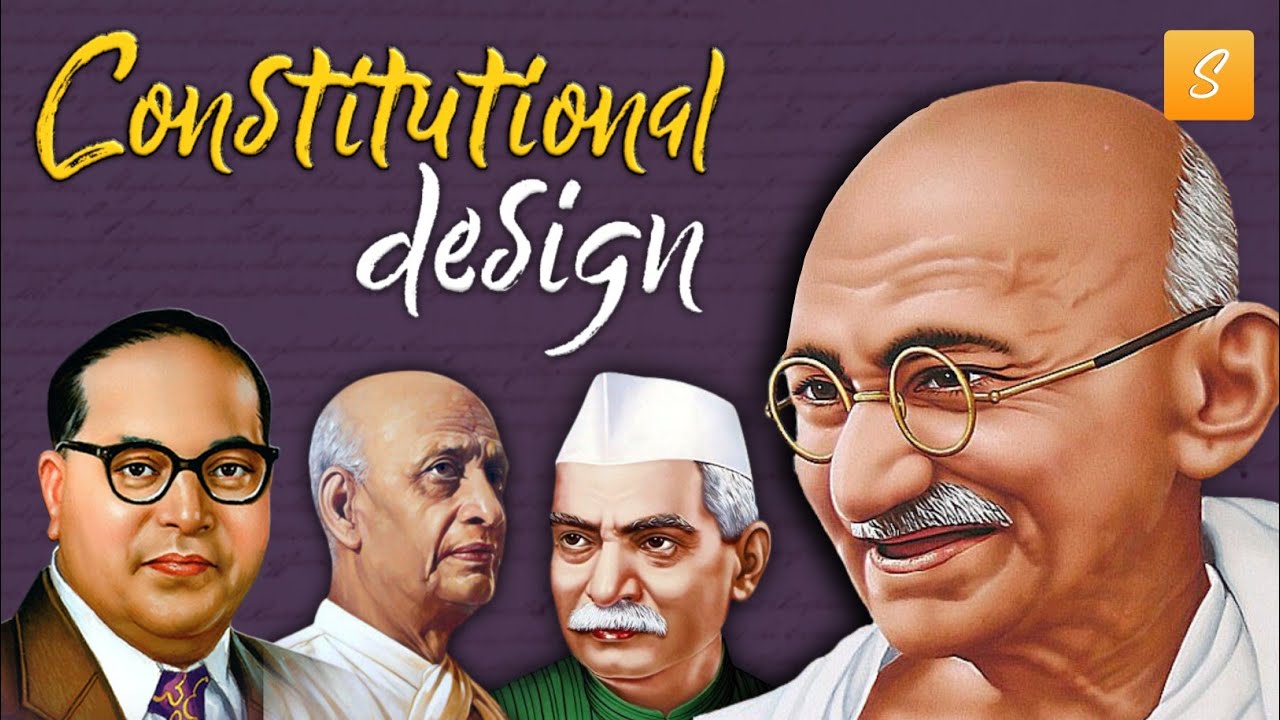what is right, it's meaning, definitions, characteristics,kinds, #lawwithtwins,#indian_polity
Summary
TLDRThis transcript discusses key concepts in political science, focusing on the importance of rights in a state's governance. It defines 'rights' as the necessary external conditions for human development, stressing their universality and recognition by society. The video further delves into various types of rights, such as civil, political, and economic rights, and their role in enabling individuals to participate in the political process. It highlights the utility of rights and the duties of the state to ensure the well-being of its citizens, particularly in a democratic system.
Takeaways
- 😀 Political science is the study of the state's role in providing rights and liberties to its citizens.
- 😀 Rights are essential for human development, encompassing all external conditions necessary for the growth of one's personality.
- 😀 Rights are universal, meaning they apply to every individual and are not restricted to any specific person.
- 😀 The state has a duty to recognize and ensure the rights of its citizens, as these rights are inherent and pre-existing in society.
- 😀 The concept of rights is not strictly defined, but refers to everything needed for the development of an individual in society.
- 😀 The utility (usefulness) of rights plays a crucial role in determining their value and importance.
- 😀 Democracy is defined as a government by the people, emphasizing the importance of citizens in the political process.
- 😀 Rights can be categorized into different types: moral rights, civil rights, political rights, and economic rights.
- 😀 Civil, legal, and political rights enable individuals to actively participate in the political and social processes of a country.
- 😀 Rights are essential for people to be able to engage in rest, work, and other key aspects of life, contributing to the overall functioning of a society.
Q & A
What is the main focus of the lecture discussed in the script?
-The main focus of the lecture is the study of political science, particularly the concept of rights, how they are essential for the development of human personality, and their relationship to the state and government.
What is the definition of 'rights' as described in the script?
-Rights are defined as all the external conditions necessary for the development of a human being's personality. They are essential for the overall development of an individual.
Why is it important for the state to provide rights to its citizens?
-It is important because the state must ensure that its citizens have the necessary conditions for personal development. A wealthier, more prosperous state can only be achieved if these rights and liberties are maximized.
What is the role of government in relation to rights?
-The government makes laws that provide various rights to the citizens. These laws help protect the necessary conditions for the citizens' development and ensure their well-being.
How does the script explain the relationship between rights and society?
-Rights are recognized by society, and they are based on existing conditions within the society. These rights are universal, not specific to any individual, and are generally recognized by both society and the state.
What does the term 'utility' refer to in the context of rights?
-Utility refers to the usefulness or practicality of rights in promoting human well-being. The concept suggests that rights have value in enhancing the individual's development and participation in society.
What are the different types of rights mentioned in the script?
-The script mentions several types of rights, including civil rights, political rights, economic rights, and moral rights, each of which plays a role in an individual's ability to participate in societal and political processes.
What is the significance of civil, political, and economic rights as discussed in the script?
-These rights are crucial because they help individuals become active participants in the political and social processes of their country. Civil rights ensure personal freedoms, political rights allow engagement in government processes, and economic rights ensure access to resources and opportunities.
How does the script describe the nature of universal rights?
-Universal rights are those that are not specific to any individual but are granted to every person, recognizing that all humans share the same inherent rights and needs for development.
What does the script imply about the moral dimension of rights?
-The moral aspect of rights refers to the ethical obligation of society and the state to recognize and uphold rights, ensuring that every individual is treated justly and has the opportunity to develop fully as a person.
Outlines

This section is available to paid users only. Please upgrade to access this part.
Upgrade NowMindmap

This section is available to paid users only. Please upgrade to access this part.
Upgrade NowKeywords

This section is available to paid users only. Please upgrade to access this part.
Upgrade NowHighlights

This section is available to paid users only. Please upgrade to access this part.
Upgrade NowTranscripts

This section is available to paid users only. Please upgrade to access this part.
Upgrade NowBrowse More Related Video

Matkul Hukum tata negara

Constitutional Design - Class 9 full chapter (Animation) | Class 9 civics chapter 2 | CBSE | NCERT

Politik Kewarganegaraan

Konstitusi Sebelum Amandemen

HiT cz.2- III Rzeczpospolita konstytucyjne zasady ustrojowe. Rozdział 3. Temat 5.

Meaning, Nature and Scope of Political Science || What is Politics and Political Science || Deepika
5.0 / 5 (0 votes)